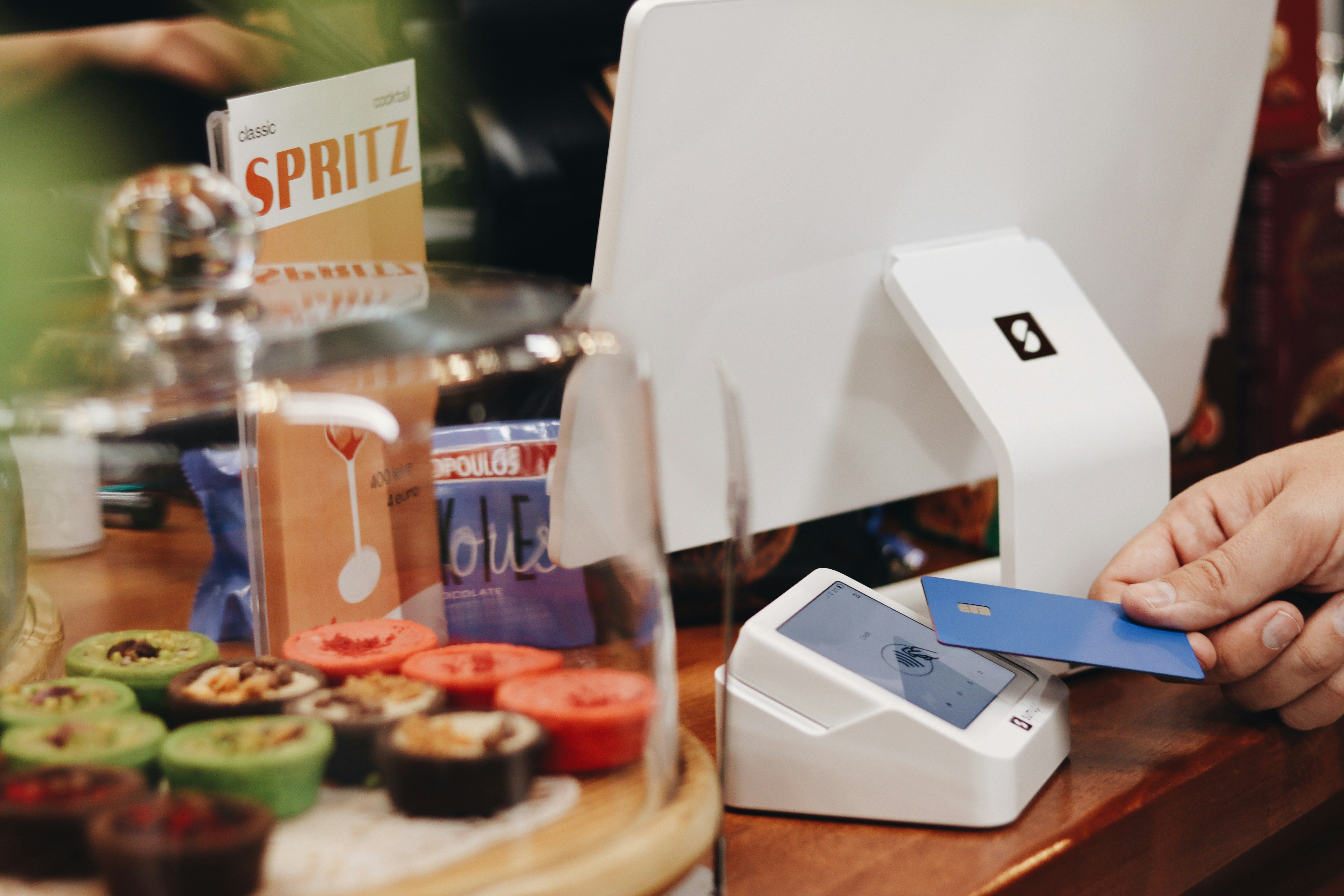This month is proving fruitful for Microsoft’s immersive technology division.
As the firm works towards its industrial 2024 Metaverse roadmap, Microsoft is keen to display client success stories highlighting how enterprise partnerships enhance their workplaces with Microsoft’s immersive product portfolio.
Recently, Microsoft has showcased how clients such as Nexco-East, the US Army, and Boeing leverage its immersive products. However, more recently, Microsoft shared another success story with client Sanofi, a pharmaceutical firm that develops and manufactures prescription and over-the-counter medications.
Christophe Lefebvre, the Production and Maintenance Site Manager at Sanofi, said:
It’s a revolution—and we see the value HoloLens 2, the metaverse, can bring to every aspect of our operational chain. Ultimately it will help deliver even more in our commitment to supporting better health and well-being for our customers.
The Paris-based client is leveraging Microsoft’s HoloLens 2, Microsoft Dynamics 365 Guides, and Microsoft Dynamics 365 Remote Assist to streamline and optimise production lines, training procedures, and onboarding.
The firm is facing an increasing demand for Sanofi-based pharmaceuticals. Sanofi had to find a way to streamline production operations and improve effectiveness; moreover, by leveraging the Microsoft immersive product portfolio, the firm can train and onboard an increased number of operators.
Pilot Project Leads to XR Success
To successfully drive the adoption of XR in the workplace, an immersive technology champion must correctly trial the hardware/software to ensure enterprise-wide success.
The firm launched its XR pilot project at its packaging workshop in Lisieux, France. The move allows Sanofi to work in the industrial Metaverse using Microsoft tools.
Antoine Capelle, a Production Team Manager at Sanofi’s Lisieux-based packaging workshop, explained how the HoloLens 2 enabled workforces to troubleshoot machines faster, leading to an “extraordinary win” for Sanofi, remarked Capelle.
Capelle also added:
The methodology is much better, and the education is solid. Reducing training time by two weeks compared to training with a tutor. It saves time operationally, and we don’t have to replace an operator with a temporary worker during training. With the technology, we can communicate and collaborate with each other across the workshop or with our colleagues in different locations, much as we would in person—this is the beauty of metaverse.
The Production Team Manager also noted that Microsoft XR product offerings allow Sanofi to “introduce a visual, didactic, and pedagogical method of training that breaks away from traditional classroom-style training,” which, according to Capelle, helps operators develop muscle memory “pretty easily.”
Capelle explained:
Because it’s the same operating principle as a Windows screen on a Windows PC, everyone gets used to it quickly. The equipment is very light, and it frees your hands for uninterrupted work and learning.
Following a successful pilot. Sanofi is now planning to expand its workplace solutions to reach different workers to expand the value of XR across the firm. Moreover, Sanofi is leveraging Microsoft’s products with a specific emphasis on data analysis.
Optimising Workplace Operations with XR and the Industrial Metaverse
The pharmaceutical is enhancing workplace operations with the Microsoft partnership, such as reducing training time for new operators from eight weeks to six weeks. Additionally, Sanofi is leveraging the MR headset to secure digital remote maintenance and troubleshooting, which leads to quicker resolution of equipment issues – according to Sanofi.
Capelle said:
Training through digitalization is important—why? Because training is something that needs to always be done the same way. Rather than repeating the same approaches several times or risking error with each operator doing something a little differently, we knew we could standardize and deploy training globally with HoloLens 2.
Christophe Lefebvre also said that Microsoft’s workplace XR solutions are a “real gain in performance”, adding, “we do batch changes every day on our packaging lines, and in previous training sessions, it doubled the batch change time.”
Capelle added:
With the technology we can communicate and collaborate with each other across the workshop or with our colleagues in different locations, much as we would in person—this is the beauty of the metaverse.
Microsoft to Scale Industrial Metaverse
At its Inspire 2023 showcase event covering the firm’s latest innovations, Microsoft quietly teased information regarding an industrial metaverse initiative – set to kick off in 2024.
Since its Inspire event, the firm is releasing a series of client success stories leading toward the end of 2023. This time last year, the concept of the Metaverse blew up thanks to Meta. In 2023, audience interest dwindled after an underperforming group of services and the GenAI boom.
However, Microsoft is planning to resurrect the Metaverse with an industrial edge. Moreover, the firm launched the start of its industrial metaverse roadmap as part of its AI Cloud Partner Program, which brings significant partners together to fuel growth and innovation towards enterprise-grade AI – with this plan also supporting efforts to grow industrial metaverse solutions and related technologies.
The program looks to boost enterprise use cases of AI, Cloud, and Metaverse solutions to improve productivity, resiliency, and sustainability outcomes.
Lili Cheng, the Corporate Vice President of Business Applications and Platforms at Microsoft, explained earlier this year:
Mixed reality is the eyes and ears of AI. Delving into operation nuances for personalized, in-depth learning becomes easier. When integrated, mixed reality and AI accelerate worker training, shortening steps and supplying users with the working knowledge they need for the task at hand.
Microsoft’s industrial Metaverse roadmap will also offer a “curated learning path” to provide end-users with resources to introduce workplace XR technology, with considerations for integrated first-party technologies, such as Microsoft Co-Pilot, Azure OpenAI, AI, ML, Azure Databricks, Synapse Analytics (2024), Microsoft Fabric (2024), Microsoft Purview, Power Platform, D365 Field Service, D365 Guides, D365 Remote Assist, HoloLens 2, Azure Maps, Azure HPC product, and Azure Digital Twins.
Read More: www.xrtoday.com









 Bitcoin
Bitcoin  Ethereum
Ethereum  Tether
Tether  XRP
XRP  Solana
Solana  USDC
USDC  Dogecoin
Dogecoin  Cardano
Cardano  TRON
TRON  Lido Staked Ether
Lido Staked Ether  Wrapped Bitcoin
Wrapped Bitcoin  Sui
Sui  Wrapped stETH
Wrapped stETH  Hyperliquid
Hyperliquid  Chainlink
Chainlink  Avalanche
Avalanche  Stellar
Stellar  Toncoin
Toncoin  LEO Token
LEO Token  Shiba Inu
Shiba Inu  Bitcoin Cash
Bitcoin Cash  Hedera
Hedera  USDS
USDS  Litecoin
Litecoin  WETH
WETH  Polkadot
Polkadot  Wrapped eETH
Wrapped eETH  Monero
Monero  Bitget Token
Bitget Token  Binance Bridged USDT (BNB Smart Chain)
Binance Bridged USDT (BNB Smart Chain)  Pepe
Pepe  Ethena USDe
Ethena USDe  Pi Network
Pi Network  Coinbase Wrapped BTC
Coinbase Wrapped BTC  WhiteBIT Coin
WhiteBIT Coin  Uniswap
Uniswap  Aave
Aave  Dai
Dai  Bittensor
Bittensor  NEAR Protocol
NEAR Protocol  Aptos
Aptos  OKB
OKB  Jito Staked SOL
Jito Staked SOL  BlackRock USD Institutional Digital Liquidity Fund
BlackRock USD Institutional Digital Liquidity Fund  Ethena Staked USDe
Ethena Staked USDe  Ondo
Ondo  Cronos
Cronos  Tokenize Xchange
Tokenize Xchange  Internet Computer
Internet Computer